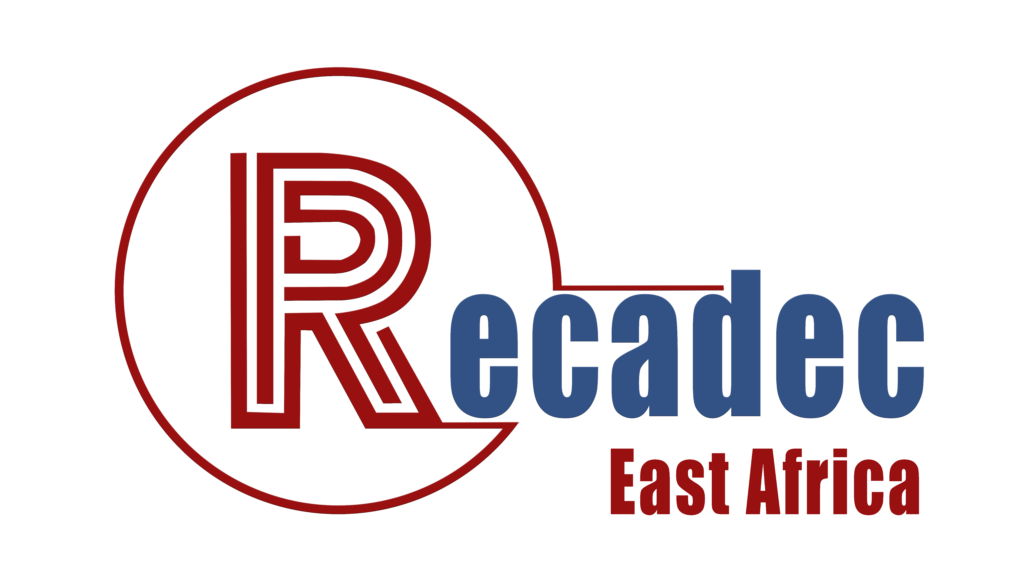
Hi everyone,
The Research and Career Development Center (RECADEC) seeks to transform East African higher education by supporting innovative and evidence-based practices to tackle youth unemployment through capacity development for market-relevance and entrepreneurial skills. Despite the higher learning institutions in East Africa producing thousands of graduates annually, the misalignment between academic curricula and market demands has left nearly 50.5% of young graduates unemployed (FKE, 2023).
This disconnect not only deprives industries of skilled talent but also stifles economic growth, exacerbating youth disillusionment in a region where over 60% of the population is under 25 years old, one of the highest youth demographics globally.
In fact, key actors in global development such as OECD, UN and many others recognize Africa’s youthful population as a significant asset to ensure its emergence as a global economic powerhouse. East African youth is expected to be the driving force behind its economic and technological growth.
By 2030, Africa’s working-age population is projected to surpass 1.1 billion people, representing a significant share of the global labor force. However, to fully harness this demographic dividend, it is essential to equip its emerging workforce with the knowledge, skills, and competencies necessary to thrive in an increasingly complex and interconnected world.
To unlock the full potential of this workforce, RECADEC aims to contribute in supporting evidence-based education through building capacities of educators, promoting and supporting applied research, research-based curriculum development, research-based education systems and policies, integrating market-driven approaches, evidence-based teaching practices, research-driven innovations, and empowering youth with the skills to thrive in a rapidly changing world.
To make this happen, RECADEC aims to collaborate with a wide range of partners and collaborators.
These include employers (public and private), technical and financial partners, universities, research centers, international organizations, foundations and African diaspora. More than ever, critical challenges such as the COVI-19 pandemic and the ongoing climate change crises have underscored how interdependent humanity truly is.
These global disruptions have proven that the need for collaborative, well-prepared, and adaptable workforces have never been more urgent.
Thus, through innovative collaborations and partnerships, East Africa and Africa at large can turn its youthful population into a most valuable asset.
This will not only contribute to the continent’s economic accent but also help shape a brighter, more resilient, and interconnected future for the world.
This challenge is considerable, but we chose “better to light a candle than to curse the darkness”.
Let us do our best together.

 Français
Français